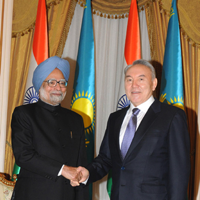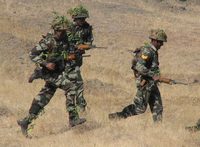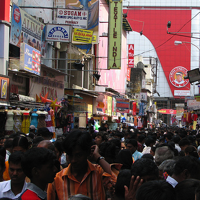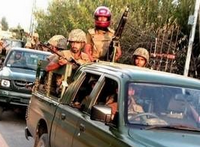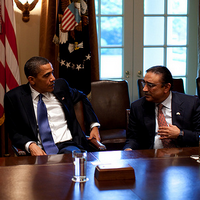
The Obama administration entered office three years ago with high hopes that it could repair America’s relationships with other key powers in the world. While some successes were achieved in 2009 and 2010, Washington closes out 2011 facing the sobering reality of simultaneously deteriorating relationships with China, Pakistan, Saudi Arabia and Russia. At the same time, Washington can expect only limited support from its major Western allies in managing a host of global hotspots, as the ongoing eurozone crisis has, in a matter of months, turned European attention away from a more activist and interventionist approach to the world toward […]

